
In March, but also just last month, there have been disruptions of the emergency number 112 throughout the country. In fact, the last time a man died because an ambulance came too late, as a result of 112 being difficult to reach.
This month, Dutch news programme Eenvandaag reports that the country’s deaf and hard of hearing population have had no access whatsoever to 112 for more than 70 days now. The clincher is that the company that provided them with a chat service to access 112, AnnieS, went bankrupt in late May, early June. Interest groups ask: why doesn’t 112 have the technology to supply this service themselves? AnnieS also helped people communicate with the tax office and other organisations as well as with one another.
Before this service, they had a text service that wasn’t great, but worked most of the time. When AnnieS was launched in September 2010, they didn’t hook up the existing text service dating back from 1997 and some deaths ensued.
The government is working on getting a Swedish company to get the AnnieS-like service up and running, which it says should be around mid September. However, in the mean time when a hearing man dies because 112 is not available it’s news, but if a deaf person dies because of this discriminatory situation, they’ll be treated as second class citizens due to the government’s inability to plan properly.
(Link: www.eenvandaag.nl)

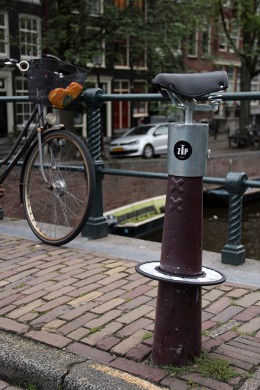
 Maxime Verhagen, Minister of Economic Affairs, has written a letter to evangelical Internet access provider Solcon that their filtering system does not run afoul of the Dutch net neutrality law that was recently passed by the Senate.
Maxime Verhagen, Minister of Economic Affairs, has written a letter to evangelical Internet access provider Solcon that their filtering system does not run afoul of the Dutch net neutrality law that was recently passed by the Senate. 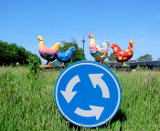 Dutch car repair shops are having a tough time. Their turnover has been dropping for years,
Dutch car repair shops are having a tough time. Their turnover has been dropping for years, 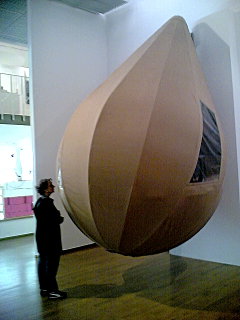 Rotterdam-based artist Dré Wapenaar came up with these tear-shaped tents that can be hung from the stems of trees.
Rotterdam-based artist Dré Wapenaar came up with these tear-shaped tents that can be hung from the stems of trees.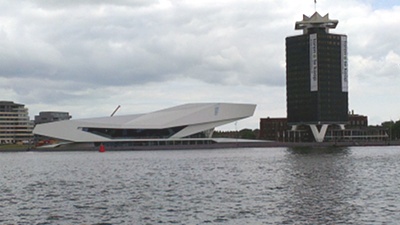
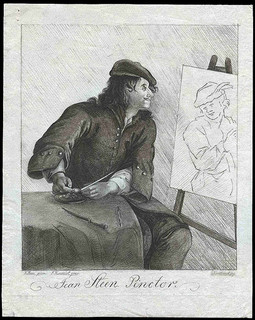
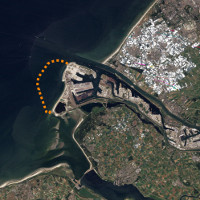
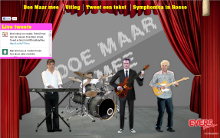 Influential Dutch band
Influential Dutch band 